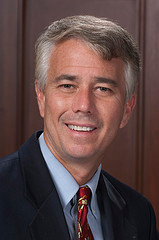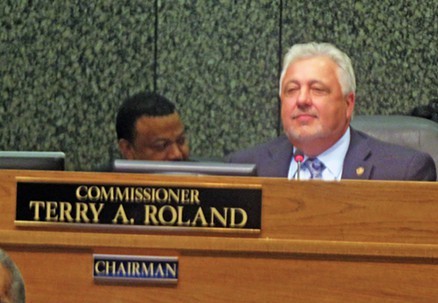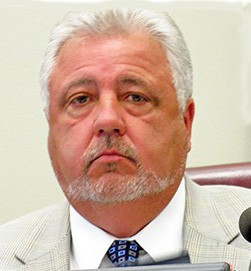Now that the thrown-together Frankenstein’s monster that was TrumpCare has failed in Congress, the time may be ripe for common sense reforms which can save the essential elements of Obamacare. People who care about a humane system of universal coverage should be very clear about what needs to stay and what needs to be added.
Keep What’s Good: We should acknowledge that the Affordable Care Act (ACA) has done far more good than harm. It’s enabled over 20 million people to get access to health care, cutting our uninsured rate in half from 20 percent to 10 percent. Insurance companies can no longer deny people coverage for preexisting conditions, kick people off for getting sick, or deny essential benefits like cancer screenings, birth control, or mental health services. Young people can stay on their parents’ policies until they’re 26. People no longer have to go bankrupt because of an unexpected health crisis or avoid preventive care because of cost, thus making themselves sicker.

Steve Mulroy
The ACA cost about one-third less than expected and decreased the budget in the process, far from the “disaster” claimed by Donald Trump and Paul Ryan.Contrary to Trump and Ryan, the ACA is not in a “death spiral.” Enrollment last year in the ACA “health-care exchange” insurance markets was brisk and is expected to continue. True, it is possible that Republican officials can cause a death spiral if they continue to sabotage the ACA. GOP governors and HHS Secretary Tom Price can place regulatory chokeholds on the dreaded Obamacare.
Real Problems: The ACA does have problems. We’ve seen health premiums rise the last few years. True, they’re lower than they would have been without Obamacare (given the out-of-control, pre-ACA inflation rate), and the ACA subsidies have absorbed most of those extra costs for most people, but it would be troubling if this trend continues.
Worse, insurance companies have pulled out of the ACA health-care exchanges, such that in about one-third of U.S. counties, there is only one provider available, depriving consumers of choice and all of us the competition needed to keep health costs low.
The solution to both problems is to get more people, even healthy people, into the system. This lowers the per-person cost for everyone and incentivizes insurers to participate, increasing choice and competition.
Real Solutions: We should thus “fix it, not nix it.” Here are some possibilities:
Single-Payer: We should be pushing hard for a “Medicare for all” plan. Medicare has the lowest administrative overhead (only 2 percent) of any player in the system, including the supposedly efficient corporations, because it doesn’t have to advertise, market, or attract overpaid executives. This system could replace the ACA as we know it and solve in one fell swoop the problems of universal coverage, rising costs, and choice. Almost as good is Hillary Clinton’s proposal to expand Medicaid and reduce eligibility for Medicare (to, say, 50).
Public Option: If that’s not feasible, we can reintroduce the “public option,” which lobbyists took out of the original ACA bill. Especially in counties with only one provider on its exchange, the government could offer competition with a public-run insurance plan — like Medicare.
Miscellaneous Tweaks: We should insist on a grab bag of adjustments which would bring in customers, reduce costs, and provide long term stability.
Carrots & Sticks: Everyone’s supposed to buy health insurance or pay a penalty if they don’t. The penalty’s small enough that young, healthy people would rather pay it than sign up for insurance. This needs to change. To that “stick” we can add the “carrot” of increased subsidies to get people to buy into the system.
Bargain Down Drug Prices: Thanks to a Bush-era sellout to Big Pharma, the federal government is currently barred from negotiating to reduce prescription drug prices. This should change, too.
Extend the “Risk Corridors”: The parties ought to be able to agree to extend the so-called “risk corridors.” Under the “corridors,” insurers pitch into a pool, which compensates insurers who lose money on the exchanges. These “pools” are due to expire. Yes, it’s a bailout of big corporations, but it’s one way — politically, the easiest way—to keep the health exchanges functioning.
For more information (on both sides), check out this Friday’s all-day symposium on the Future of the ACA, held at the University of Memphis Law School.
Former County Commissioner Steve Mulroy, the Associate Dean at the University of Memphis Law School, prepared these points for a Federalist Society symposium on health care this week.

 JB
JB  Jackson Baker
Jackson Baker 
 JB
JB  JB
JB  Jackson Baker
Jackson Baker 

